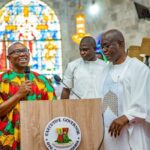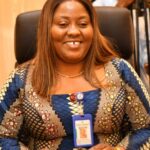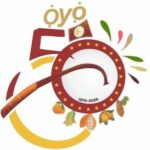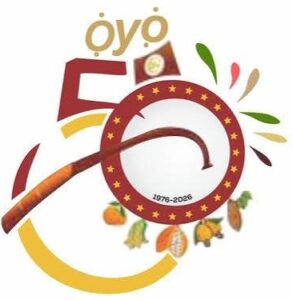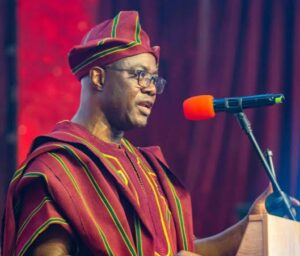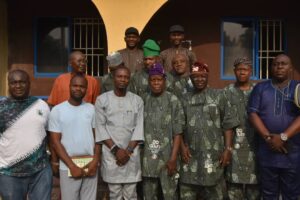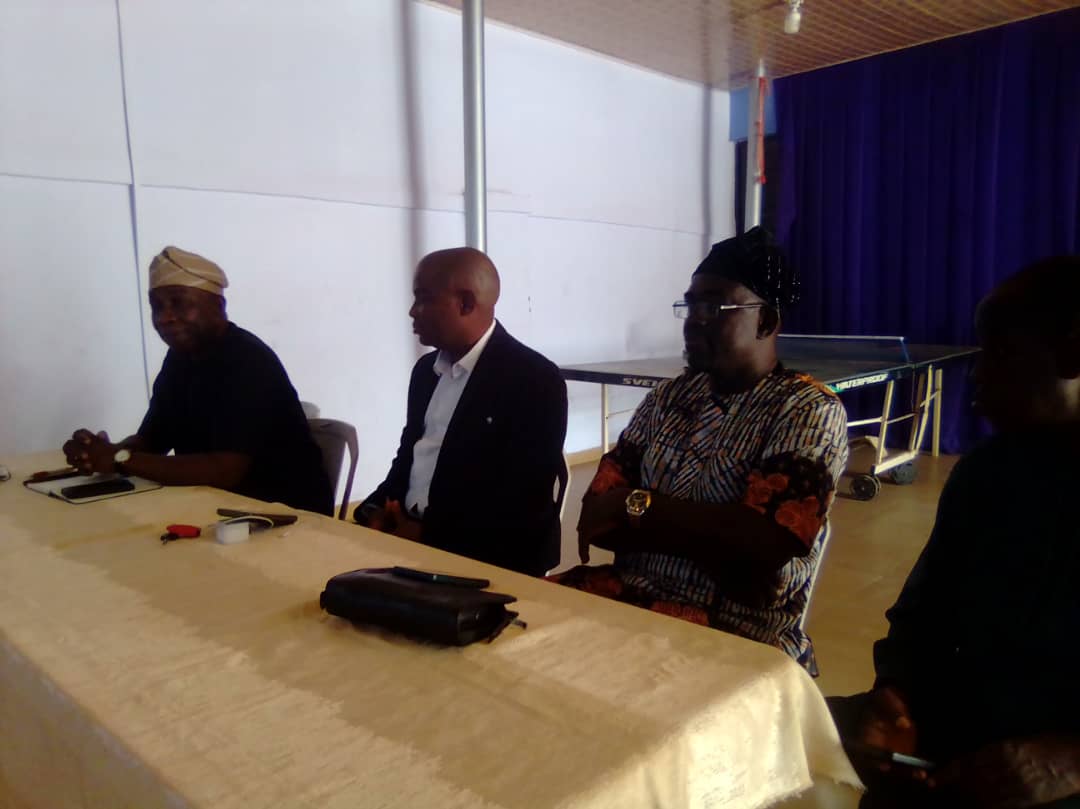
In an effort to address the growing issue of copyright infringement, the Nigerian Copyright Commission (NCC) has called for collaboration with media organisations nationwide.
The commission emphasized the critical role that journalists can play in raising awareness and tackling this persistent problem.
Speaking at a media parley with members of the Nigeria Union of Journalists (NUJ) on Wednesday, in Ibadan, NCC Director General Dr. John Asein, highlighted the commission’s authority to arrest and prosecute copyright offenders.
He stressed that the support of journalists is vital in achieving the NCC’s goals and bringing offenders to justice.
“We all share a responsibility in stamping out copyright infringements,” Dr. Asein stated: “While the commission has the power to search, arrest, and prosecute, we rely on the police, NSCDC, and other security agencies for support.”
“Our working relationships with these agencies are strong, but the challenges of enforcement remain significant.”
Meanwhile, Emmanuel Abimbola, Executive Secretary of the Nigerian Publishers Association (NPA), urged southwestern state governors to reduce fees for book reviews.
He explained that lowering these costs would not only ease the financial burden on publishers but also lead to more affordable book prices for Nigerian consumers, particularly parents.
Abimbola criticized the exorbitant fees charged for book reviews, particularly in the southwestern region, asserting that they are often justified as a means to generate revenue.
He emphasized that education should be considered a social service and called on state governments to make the review process more accessible.
“Governments in southwestern states should reconsider the excessive fees imposed on publishers for book reviews,” Abimbola stated: “These costs are becoming too much to bear, with fees reaching up to N10,000 or N12,000 per book title.”
“A more reasonable solution would be implementing flat rates for reviews and reducing the frequency of these assessments to every three years for junior and senior secondary schools, and every six years for primary schools
